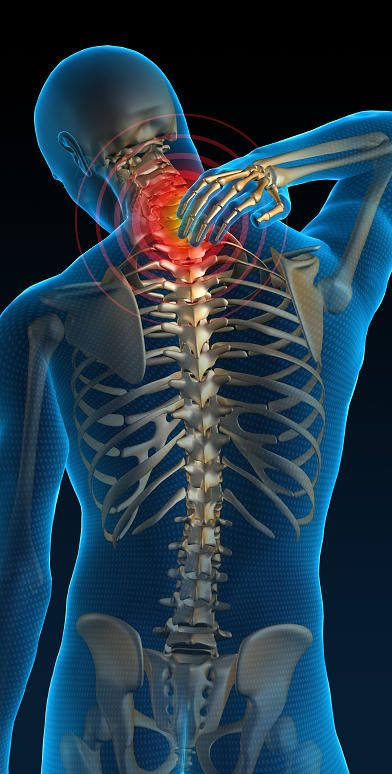Overview :
Back pain is a common complaint that affects millions of people worldwide. Determining whether back pain is muscular or caused by another underlying issue is crucial for effective treatment and management. In this guide, we will discuss how to differentiate between muscular back pain and other potential causes.
soma muscle relaxer (Pain O Soma) tablet is a muscle relaxers. It is used to treat people with painful muscle spasms,(which are rapid, uncontrollable movements of a muscle) and other painful joint conditions, such as stiffness or tightness. Pain that can’t be treated with normal drugs, like pain from a serious injury or accident or pain after surgery, can be relaxed with medicines like Pain O Soma 500.
Understanding Muscular Back Pain
Muscular back pain typically occurs due to strain, overuse, or injury to the muscles of the back. It often presents as a dull, achy sensation that may worsen with movement or certain activities. Muscular back pain can result from poor posture, repetitive movements, lifting heavy objects, or sudden twisting motions.
Signs of Muscular Back Pain
1. Location of Pain
Muscular back pain tends to be localized to specific areas of the back, such as the lower back (lumbar region) or upper back (thoracic region). The pain may radiate to nearby muscles but is typically limited to the affected area.
2. Character of Pain
Muscular back pain is often described as dull, achy, or sore. It may feel tight or tense and may worsen with movement or physical activity. The pain is usually alleviated with rest and may improve with gentle stretching or massage.
3. Onset of Pain
Muscular back pain often develops gradually over time, especially after engaging in repetitive or strenuous activities. However, it can also occur suddenly, such as when lifting a heavy object incorrectly or making a sudden movement.
carisoprodol 350 mg tablet is a medicine used to treat pain caused by musculoskeletal injuries. Patients should consult this drug if they are experiencing muscular or bone ache. The activity of the drug merely helps to relieve discomfort and does not heal the damage.The medicine’s effect will inhibit signal transmission from the damaged areas to the brain, providing patients with Pain Relief experience.
Differentiating Muscular Back Pain from Other Causes
1. Nerve Pain (Sciatica)
Nerve pain, such as sciatica, can mimic the symptoms of muscular back pain but typically involves shooting or radiating pain that travels down the leg. Numbness, tingling, or weakness may also accompany nerve pain.
2. Spinal Conditions
Conditions affecting the spine, such as herniated discs, spinal stenosis, or degenerative disc disease, can cause back pain that may be difficult to distinguish from muscular pain. These conditions often involve symptoms such as pain that worsens with certain movements or positions, as well as neurological symptoms like numbness or weakness.
3. Internal Organ Issues
In some cases, back pain may be referred from internal organs, such as the kidneys or pancreas. Pain associated with internal organ issues may be accompanied by other symptoms, such as fever, nausea, vomiting, or changes in urinary or bowel habits.
Seeking Medical Evaluation
If you experience persistent or severe back pain, it is important to seek medical evaluation to determine the underlying cause. A healthcare professional can perform a thorough assessment, which may include physical examination, imaging studies (such as X-rays or MRI), and laboratory tests to diagnose the source of your pain accurately.
In Summary :
Differentiating between muscular back pain and other potential causes is essential for appropriate treatment and management. By understanding the signs and symptoms associated with muscular back pain and seeking medical evaluation when necessary, individuals can take proactive steps towards relief and recovery.




